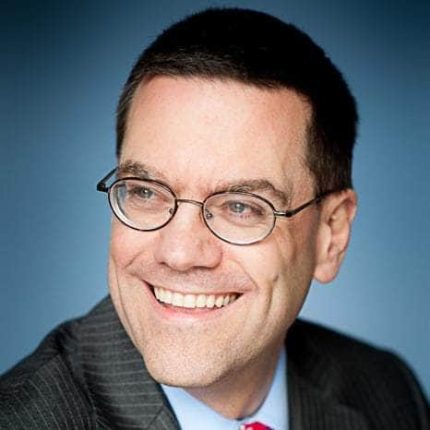Eurovision is here again!
As you may know, if you have ever watched the Eurovision Song Contest with more than minimal attention, Eurovision is the child of the European Broadcasting Union, or EBU.
This was formed in 1950, as part of the cold-war rebuilding of Europe. Its predecessor, the International Broadcasting Union (IBU), had been established to deal with technical problems of broadcasting across borders: wavelengths, frequencies and the like, so that broadcasts could be of high quality and were not competing for the same ether.
But the IBU fell under Nazi control in 1941, and after the war it was not trusted.
Cross-border co-operation was still needed, and a new body – the International Broadcasting Organisation (IBO) was established in 1946. The Soviet Union and France jockeyed for control of this body, France insisting on a voting member for each of its colonies; the USSR demanding a voting member of each of its constituent republics.
This state of affairs could not last, and in 1949 several western European nations resigned from the IBO to form a new organisation which would not be under Soviet control: the EBU was born.
And here’s where Higher Education Postcard comes in – the first President of the EBU, and a guiding mind behind its creation, was Ian Jacob or, to give him his full name and title, Lt-Gen Sir Edward Ian Claud Jacob, GBE CB.
Jacob had served as a staff officer, supporting the British war cabinet during world war 2, but had previously taught at the military staff college in Camberley and had graduated with a degree in Mechanical Engineering from Cambridge, having studied at King’s College.
The Eurovision Song Contest itself grew out of the technical activities of the EBU. The Eurovision transmission network, operated by the EBU, was a transnational broadcasting network, enabling the transmission across Europe of broadcasts from one nation.
One of the first events to be broadcast using the Eurovision transmission network was the coronation of Queen Elizabeth II in 1953 – you can hear and see Ian Jacob discuss this here.
Having established the technical capability, the EBU sought to provide content to make the most of it.
A group headed by the then EBU director, Marcel Bezençon, identified the Sanremo Music Festival as a model, and the first Eurovision Song Contest was held in 1956.
We’ve looked at King’s College, Cambridge before, so I won’t go into the history too much here. The view on the card is a very popular one for postcards – I’ve got five different versions of it in my collection. It was sent on 2 December 1903 to an address in Saffron Walden – the message reads:
Cambs Post Office I had written a letter but forgot to bring, so send this in case not able to post tonight. Looking forward to Sat.
Looking forward to Saturday. As, I am sure, are all fans of the Eurovision Song Contest.













